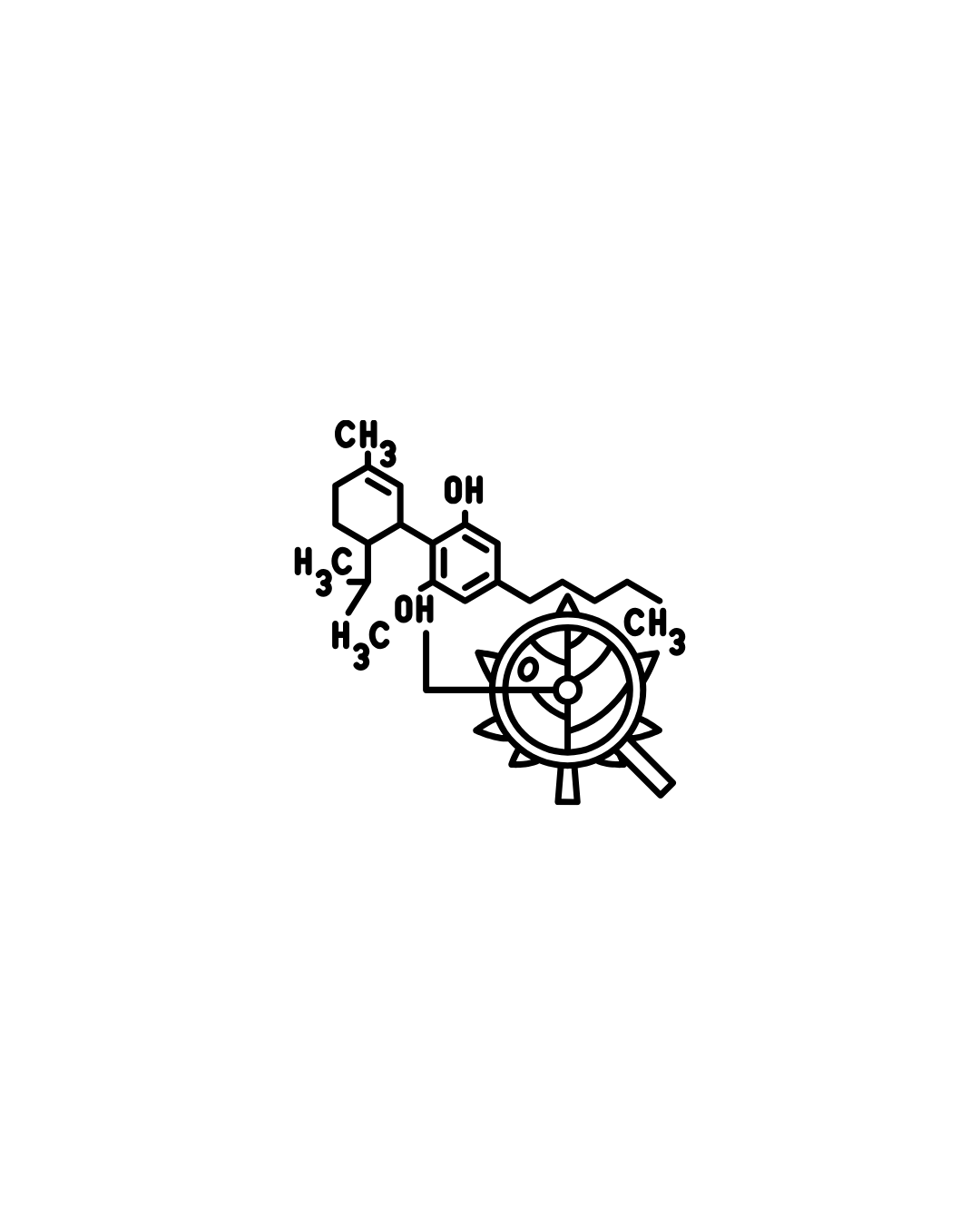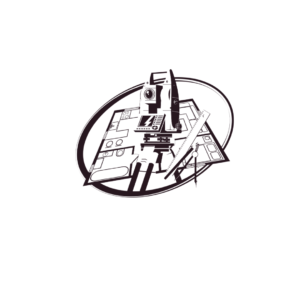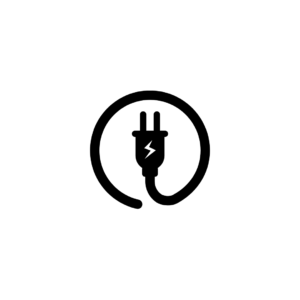Description
A Bachelor of Science in Biochemistry (B.Sc. in Biochemistry) is an undergraduate degree program that focuses on the chemical processes and substances that occur in living organisms. This interdisciplinary field combines principles from biology and chemistry to understand the molecular mechanisms that underlie various biological functions. The program typically prepares students for careers in research, healthcare, pharmaceuticals, and various industries related to life sciences.
Curriculum Overview
The B.Sc. in Biochemistry program usually includes a comprehensive mix of core courses, laboratory work, and elective classes. Here are some of the common subjects and topics covered:
Introduction to Biochemistry:
Overview of fundamental biochemistry concepts, including structure and function of biomolecules such as proteins, carbohydrates, lipids, and nucleic acids.
Organic Chemistry:
Study of the structure, properties, and reactions of organic compounds, providing a foundation for biochemical processes.
Physical Chemistry:
Application of physical principles to chemical systems, including thermodynamics, kinetics, and spectroscopy techniques relevant to biological systems.
Cell Biology:
Examination of cellular structure and function, including the study of cell metabolism, membrane dynamics, and cell signaling pathways.
Metabolism:
Exploration of metabolic pathways, including catabolism and anabolism, and how cells convert energy from food into biological work.
Enzyme Biochemistry:
Study of enzyme structure, function, kinetics, and the mechanisms of enzyme action in biological processes.
Genetics:
Principles of genetics, including DNA structure and function, gene expression, and the regulation of genetic material.
Molecular Biology:
Techniques and concepts related to the molecular basis of biological activity, including gene cloning and recombinant DNA technology.
Immunology:
Overview of the immune system, antibody function, and the biochemical basis of immune responses.
Analytical Biochemistry:
Laboratory techniques for analyzing biological macromolecules, including chromatography, electrophoresis, and mass spectrometry.
Biotechnology:
Application of biochemistry in biotechnology, including the use of enzymes and microorganisms in industrial processes.
Research Methods:
Introduction to research design, methods, and ethics in scientific research, preparing students for independent research projects.
Capstone Project/Thesis:
A research-based project or thesis that allows students to apply their knowledge and skills in a practical setting, often involving a laboratory or fieldwork.
Career Opportunities
Graduates with a B.Sc. in Biochemistry can pursue a variety of career paths in different sectors, including healthcare, pharmaceuticals, research, and education. Here are some potential job roles:
Biochemist: Conducting research to understand biochemical processes and developing new products or therapies.
Laboratory Technician/Technologist: Working in clinical or research laboratories, conducting experiments, and analyzing samples.
Pharmaceutical Scientist: Involved in drug discovery, development, and testing, focusing on how drugs interact with biological systems.
Clinical Research Coordinator: Managing clinical trials and collecting data to evaluate the safety and effectiveness of new treatments.
Quality Control/Quality Assurance Analyst: Ensuring that biochemical products meet safety and quality standards.
Clinical Biochemist: Analyzing body fluids and tissues to diagnose diseases and monitor patient health.
Regulatory Affairs Specialist: Ensuring compliance with regulations governing the development and marketing of biochemical products.
Biotechnology Consultant: Providing expertise to organizations on the application of biochemistry in various industries.
Educator: Teaching biochemistry at high schools or colleges or working in science outreach and education programs.
Environmental Biochemist: Studying the impact of chemicals on the environment and developing solutions for environmental issues.
Further Education
Graduates may choose to pursue advanced degrees such as a Master?s or Ph.D. in Biochemistry, Molecular Biology, or related fields. Specializations can include areas like pharmacology, toxicology, or bioinformatics.
If you have more specific questions about the curriculum, career paths, or any other aspects of a B.Sc. in Biochemistry, feel free to ask!









